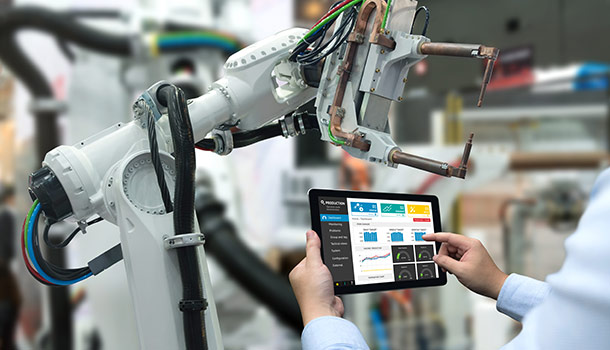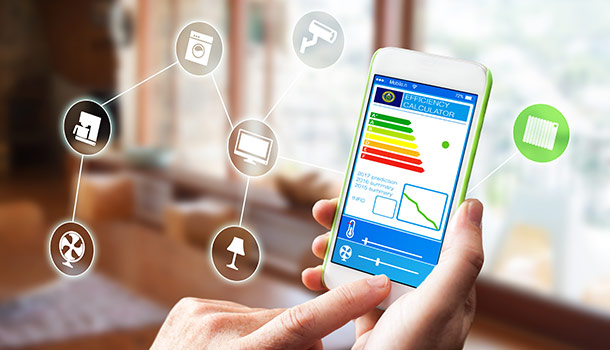GPS Vehicle Tracking System
Few years back, vehicle tracking was solely limited to monitoring the position of vehicles on a map using GPS. While GPS was sufficient for facilitating fleet tracking in the past, it can’t meet business requirements any longer. But with the advent of technology like Connected Fleet, you can not only pinpoint the location but also access fleet management metrics such as vehicle speed, engine performance, driver behaviour, fuel usage, idling time, vehicle maintenance statistics, and much more. Real-time fleet analytics data provides immediate clarity about status of drivers, and vehicle position, along with updates of traffic conditions.
Transforming from GPS Vehicle Tracking to Connected Fleet

Better Visibility
Keeping tabs on daily operations of your fleet with real-time data helps to bring down costs, increase productivity and provides information about vehicle maintenance. Monitor vehicle diagnostics, review on maintenance schedules, create geofences to prevent thefts & unauthorized use of vehicles, and help reduce fuel consumption & idling, with the aid of high-resolution, detailed maps.

Utilization of Resources
Pinpointing specific locations lends more flexibility to a fleet while planning routes. It can cater to last-minute or unplanned requests from customers, locating the closest vehicle for response in the shortest possible time. Routes can also be changed depending upon traffic jams, roadblocks, and bad weather.

Utilizing Analytics
Predictive analytics can be a powerful decision-making tool to monitor risky driving behaviour and set benchmarks as needed. When a critical event occurs, details are instantly transmitted for preventive analysis. Predicting potential accidents before they occur and preventing them can reduce risks significantly. Using vehicle trackers and IoT sensors, prescriptive action can be undertaken accordingly.

Promoting Green Driving
Since Connected Fleet provides consistent and continuous oversight when it comes to emissions and maintenance needs from each fleet vehicle, reports can be generated and categorized into daily, monthly, and yearly formats. They can be further grouped by individual vehicle type to gain insights over time to promote eco-driving techniques.

Making Informed Decisions
As mentioned, using predictive, preventive, and prescriptive information, better decision making is possible. By analysing immense amounts of data, businesses can make informed decisions to improve delivery times, customer satisfaction, and asset utilization, while slashing fuel consumption and maintenance costs.

Streamlining Operations
Connected Fleet solutions can adapt to any business model. They are integrated with pattern recognition and analytical functions which they use to calculate business trends. They provide comprehensive information such as most visited locations, locations that have more customers, time periods when demand is high, and so on. This data is displayed across a dashboard from where you can gain access, and use it to manage your business more efficiently.

 Global
Global Australia
Australia India
India








